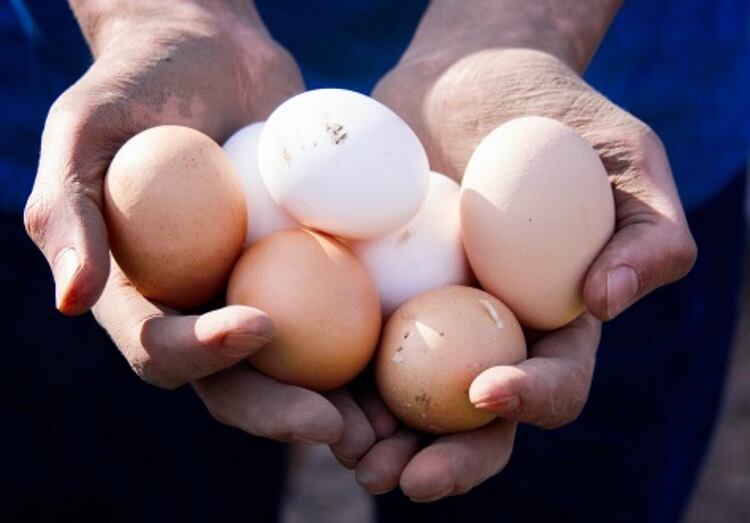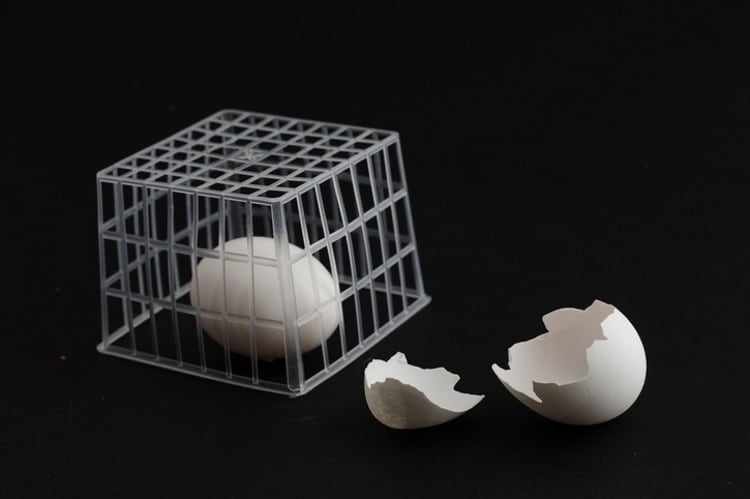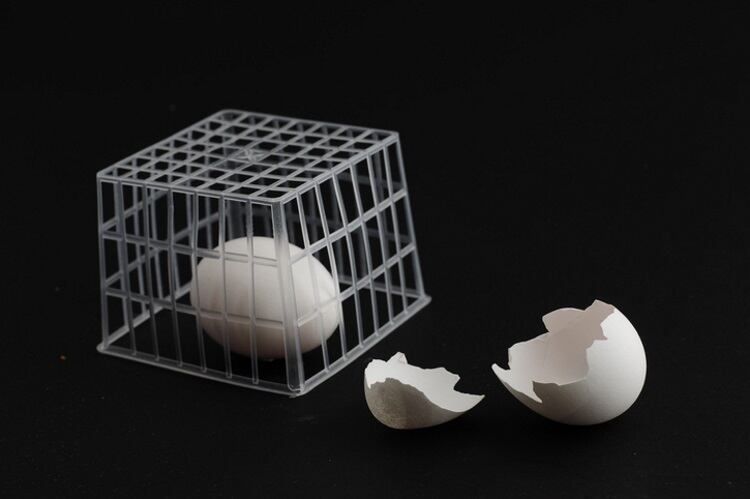Soaring fuel prices, the rising severity of Avian Influenza, greater allergen concerns and the exposure of fragile supply chains have all paved a path for producers to explore alternative egg solutions.
According to Nicole Atchison, CEO of AcreMade, this plant-based category – while still niche – is destined to explode into mainstream.
AcreMade addresses each of these risks with a novel ingredient: a shelf-stable powder made almost entirely from peas that looks, cooks and tastes like eggs across a multitude of applications, from the homemade omelette to large-scale commercial bakery uses.
Leaning upon decades of Puris Protein’s experience, AcreMade developed an egg technology platform that supports the needs of all customers, from home cooks to global manufacturers.
Made almost entirely from peas, the Egg Substitute powered shelf-stable range is nutritionally comparable to shell eggs, free of the top 9 allergens, and offers the taste and functionality of hen-laid equivalents.
Best of all in this current environment, they’re price stable.
Laying out the landscape
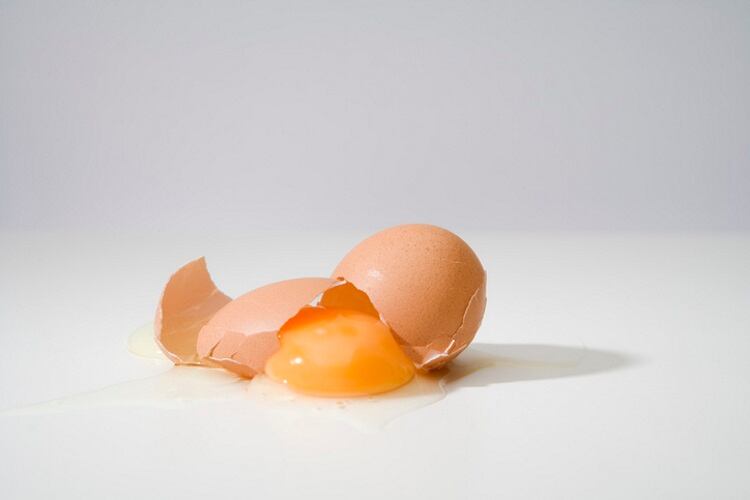
The past year has seen more media attention on eggs than ever before. Little wonder as one of the worst animal health outbreaks continues to rage across the globe, with 58 million birds – and counting – infected with the deadly virus.
“When they’re infected [with Avian Influenza] in commercial stocks, that means they have to be killed [along with] and every other bird in the flock,” Atchison told Bakery&Snacks.
“When you take that many birds out of the supply system, it has ramifications.
“I can’t speak for egg prices in every place in the world, but in the United States, we saw the price of a dozen eggs at retail increase two to three, sometimes four times over the course of the year – peeking in the November/December 2022 time period, right before the holidays. [For example,] eggs in California were as high as $18.00 a dozen … which is unheard of.”
While Avian Flu impacts egg supply, other factors have come into play to send egg prices soaring, including the price of animal feed – “corn, soy, what's used to feed the chickens, have been at record highs” – and other supply chain challenges like the labour shortage.
“Everyone in the animal system hopes that [the outbreak] will subside, but there's a lot of unknowns and there are groups who think this is the new reality,” said Atchison.
“What it has done is spotlight the fragility of [our food] systems that are based on intensive animal farming practices.”
As such, “It’s putting even more pressure on [fast-tracking] the commitments that a lot of retailers, brands, states, countries have made to transition from cage-based farming systems – commitment that have been made over the past 5-10 years. In fact, many are not expected to meet their milestones of transitioning to cage-free, which consumers are very strongly in favour of.”
The rise of the alternative

Egg alternatives check a lot of boxes: consumers are increasingly demanding more ethical products; there are positive benefits to animals; the new ingredients harness the power of plants; and manufacturer are looking for some level of price stability.
Added Atchison, “Last year completely changed that for the egg industry. No one predicted the prices to increase the way they did. It’s changed how people who are procuring large volumes of eggs for bakeries, for processing – buying truckloads of liquid eggs – are thinking about their cost structure and how can they plan their annual production when the market is so volatile."
She noted the alternative egg market is very small when you think how large the egg market is in general, so there’s a long way to go. “But, you have to start somewhere and there's a lot of traction right now.
“There’s a handful of solutions out there – some that have been around for ages and some newer ones – many of which have met with limited success.”
She said there’s has been more focus of late on developing alternative egg solutions for bakery processing that can deliver on all the necessary technical attributes that the protein in traditional eggs deliver.
“That's really compelling for the industry because now they can have something that technically works from a price point, but also delivers some new attributes by potentially allowing the products to be marketed to people who may have been off the table because of an egg allergy or looking for plant-based options. You can actually open up your target audience.”
The star ingredient
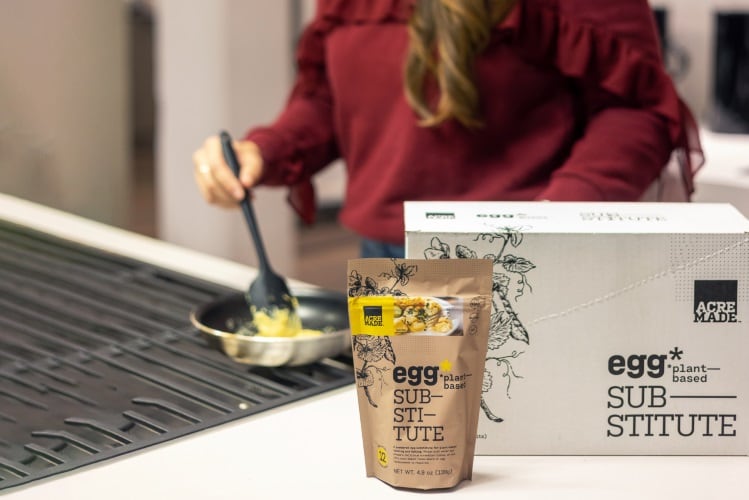
AcreMade’s Egg Substitute has pea protein as its hero ingredient, creating products that are incredibly sustainable.
“Peas are a legume; they fix their own nitrogen [meaning you don’t have to use synthetic nitrogen during the growing season, which essentially evaporates and turns into a nitrous oxide that is 300 times more potent than carbon dioxide]; they’re a great rotational crop; and they are one of the lowest carbon footprint protein crops out there.”
AcreMade offers two product lines.
The first is tailored for cooking and direct eating – just mixed with water to create scrambles, omelettes or hardboiled eggs for sandwiches. It’s a dry product – meaning it has a long shelf life and there’s no concern over spoilage or breakage. It’s also non-GMO, cholesterol free, saturated fat free, free of the top 9 allergens and has the protein level equivalent of medium egg.
The brand also has a bakery replacer, also made from Upcycled Certified pea starch (a new certification in the US that’s focused on finding ways to eliminate food waste and use side stream or rejected products in new ways).
The bakery replacer has been formulated to deliver the foaming and the emulsification properties of an egg in bakery, something “we’ve been able to demonstrate in sponge cakes, cheesecakes, muffins and all standard bakery recipes,” said Atchison.
Expected to go down, not up
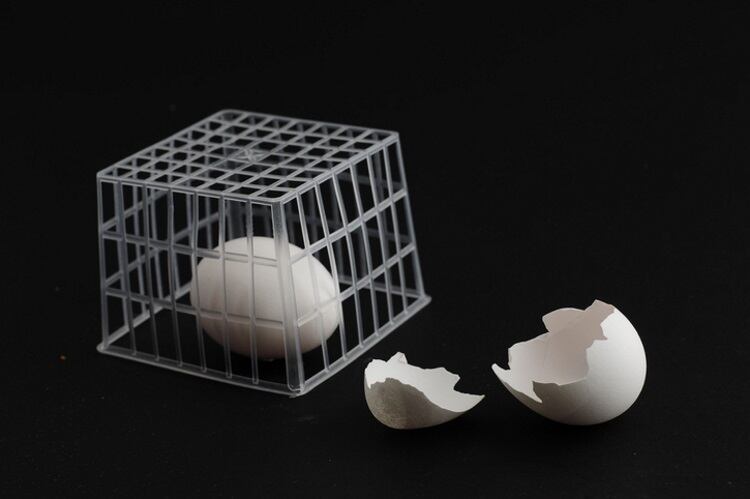
“We’re really excited about it because, right now, a lot of times people think that something plant-based is way more expensive.”
Obviously, that was the case “when we first launched, [but] we’ve been able to improve our price competitiveness and as prices are today, we’re incredibly competitive, if not cheaper than your top-of-the-line eggs.”
In order to meet commitments to transition to cage-free incurs huge investment for operators.
“From an animal humane perspective, cage-free is something that everyone is in favour for, but in reality, those changes actually increase the price of eggs.
“This is the same predicament that the new and emerging egg alternatives is facing – it takes capital and time to build a supply chain that can compete.
“But we're starting from a place where we're not impacting animals in that negative way, and our prices are destined to go down, not up.”
AcreMade has built its egg replacer systems off the pulse protein supply chain that parent company Puris has been building for the past four decades, from “designing the seed genetics that can work in different climates and is climate resilient; having farmers grow those seeds; buying the production and processing it through our plants and making the proteins, fibres and starches that we work with.
“It’s a win:win as we continue to scale, make prices competitive and help put us on a pathway to some of the sustainable food targets that we've set out as a society,” said Atchison.
“There’s continuing innovation to make plant-based alternatives amazing from a taste, texture and functionality point [and I urge producers] to give it a try, because I think there's a real opportunity to surprise and delight customers in a new way.”



